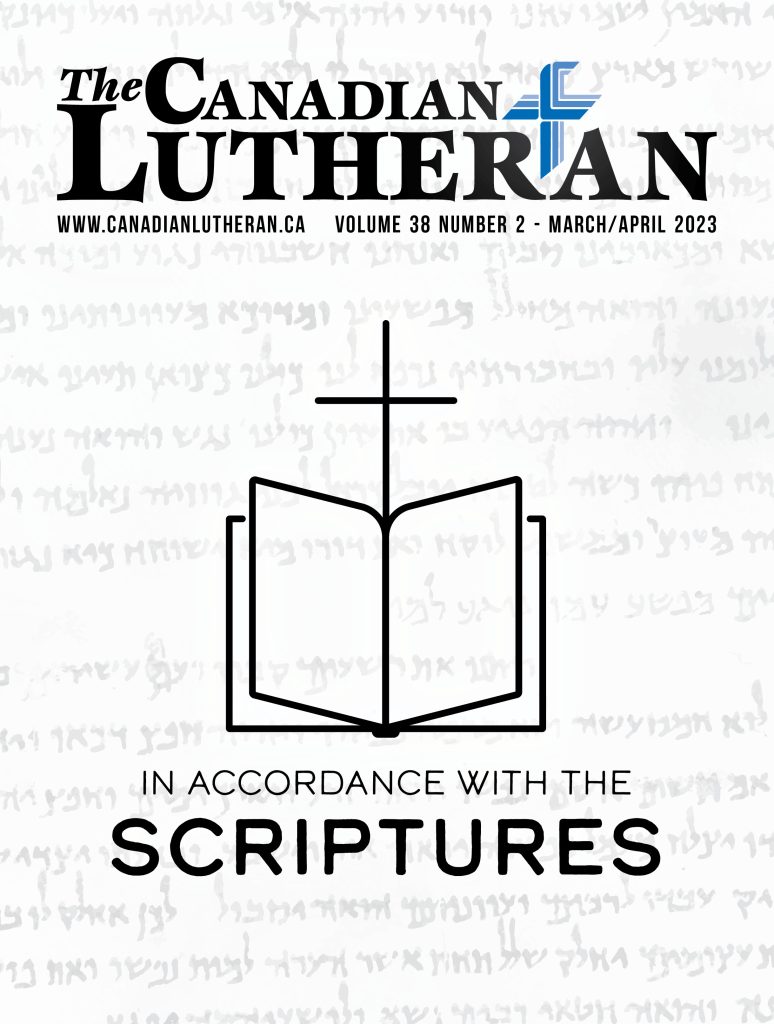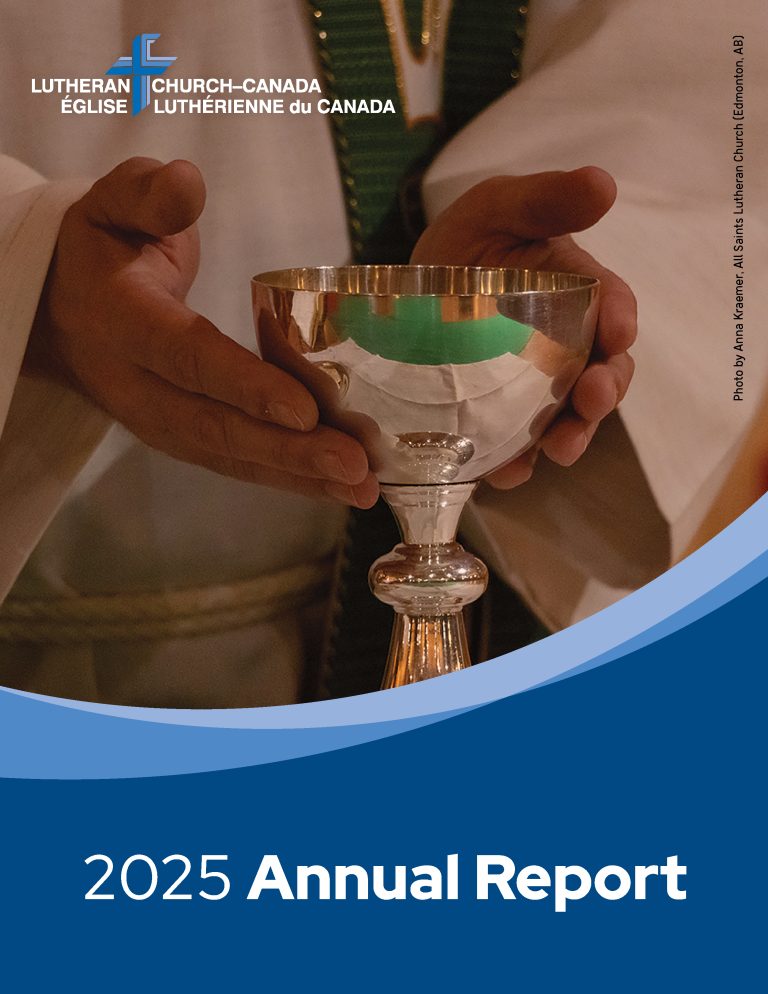One Story
 by Mathew Block
by Mathew Block
Early in the history of the church a heresy arose called Marcionism. Marcion (for whom this error is named) believed that Jesus was the revelation of a more merciful God than the one we see in the Old Testament. He didn’t deny that the Old Testament God existed or that He had created the world. Marcion simply argued that Jesus was sent by some different God—one whom the people should worship instead. The Old Testament and its God, Marcion said, should be abandoned.
Unsurprisingly, the early church rejected the teachings of Marcion. Jesus is only too clear that He understood Himself as the fulfillment, not the abrogation, of the Old Testament. “Do not think that I have come to abolish the Law or the Prophets,” Jesus says at one point. “I have not come to abolish them but to fulfill them” (Matthew 5:17). And again: “Everything written about Me in the Law of Moses and the Prophets and the Psalms must be fulfilled” (Luke 24:44). And again: “Scripture must be fulfilled in Me” (Luke 24:37).
In other words, Scripture has just one story, and that story is Christ. In the beginning, He is the Word which speaks the world into existence (Genesis 1; John 1:1). At the fall of humanity into sin, He is the promised Saviour who will crush the head of the serpent (Genesis 3:15). He is the seed of Abraham through whom the world will be blessed (Genesis 12:3). He is the Angel of the Lord who spoke to Moses and the patriarchs (Exodus 3:2). He is the King who will reign forever in the line of David (2 Samuel 7:16). He is the Messiah whose promised coming comforts the Jewish people during their exile in Babylon (Isaiah 40:1-5). He is, in short, the ultimate focus of all of God’s interactions with humankind—the culmination of His great eternal plan.
This is the turning point of Scripture and all history. It is the point to which everything past looked in anticipation and the point from which everything since has proceeded: Jesus Christ, crucified and risen again, for us.
And then He finally arrives on the scene in the flesh: Jesus. Whereas God once spoke to His people through the prophets, He now sends His own Son to speak directly (Hebrews 1:1-2). And the message He brings is the fulfillment of what has been spoken through countless generations. It is a message of love, of forgiveness, of a restored relationship between God and sinful man—restoration won through the pains of Golgotha.
 Becoming human just as we are human, God the Son dies the death that we sinners deserve. He suffers for our sake upon the cross—bears the punishment for our sin—and dies. And this was no accident, no sudden change of plans. Jesus is clear that this is the very reason why He has come (John 12:27-33). In no other way could the fall of humanity into sin be undone. In no other way could salvation be earned.
Becoming human just as we are human, God the Son dies the death that we sinners deserve. He suffers for our sake upon the cross—bears the punishment for our sin—and dies. And this was no accident, no sudden change of plans. Jesus is clear that this is the very reason why He has come (John 12:27-33). In no other way could the fall of humanity into sin be undone. In no other way could salvation be earned.
So it is that Jesus prophesied of His coming death repeatedly. In the Gospel of Mark, for example, we read: “And He began to teach them that the Son of Man must suffer many things and be rejected by the elders and the chief priests and the scribes and be killed, and after three days rise again. And He said this plainly” (Mark 9:31-32).
Death indeed was the plan—but, as St. Mark also explains, so was resurrection. Jesus did not stay dead. As we profess in the Nicene Creed, on “the third day He rose again according to the Scriptures.” For not only is the death of Jesus predicted in the Old Testament (eg, Psalm 22) but so too is His resurrection (Psalm 16:10).
This is the turning point of Scripture and all history. It is the point to which everything past looked in anticipation and the point from which everything since has proceeded: Jesus Christ, crucified and risen again, for us.
In this issue, we explore the continuity between the Old Testament and the New, focusing on Christ as the lynchpin of Scripture. Rev. Dr. William Mundt examines the messianic prophecies of the Old Testament and demonstrates how they find their fulfillment in Jesus of Nazareth. Rev. Dr. Thomas M. Winger, meanwhile, unpacks the teachings of the Book of Hebrews, demonstrating how the sacrificial system of the Old Testament points us ultimately to the forgiveness won for us through the blood of Christ. In so doing, they help us to see how all Scripture ultimately finds its meaning in Jesus.
The Old Testament leads us inexorably towards Christ. The New Testament bears witness to His death and resurrection, and what it means for the world. It is one story, and the story is Christ.
“You search the Scriptures because you think that in them you have eternal life; and it is they that bear witness about Me…” | John 5:39
———————
Mathew Block is editor of The Canadian Lutheran and the Communications Manager of the International Lutheran Council (ILC).



